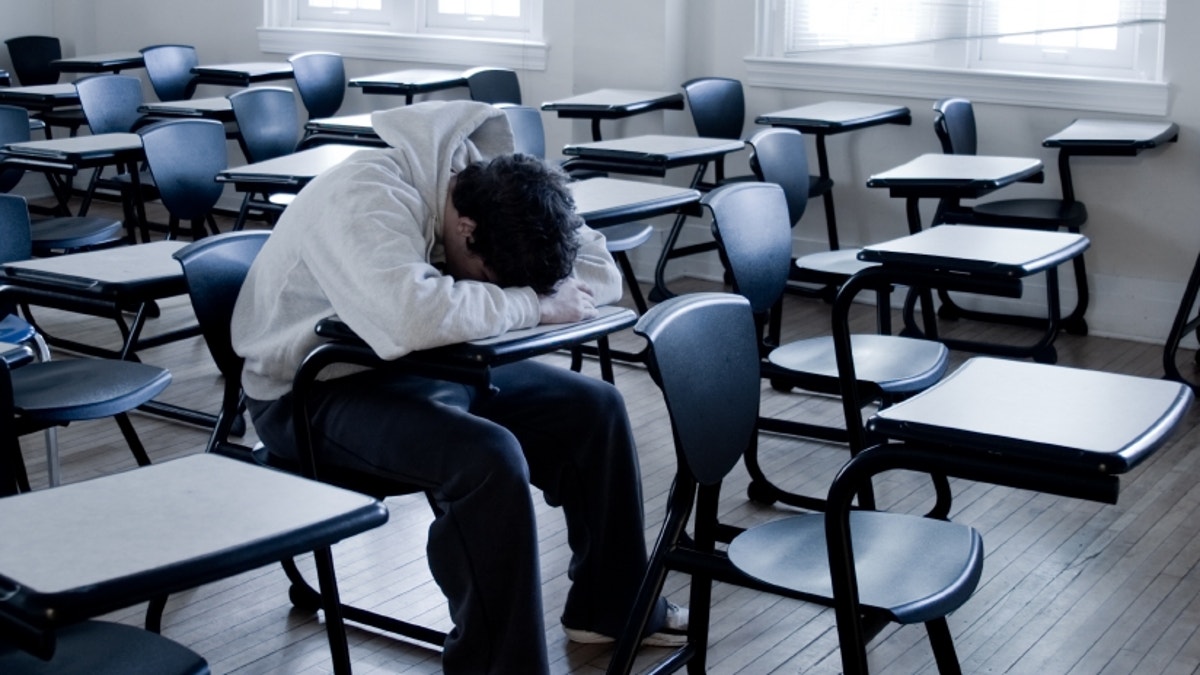
Teenagers in the United States are experiencing higher levels of stress than many adults, USA Today reported.
As a part of the American Psychological Association’s (APA) Stress in America survey, more than 1,000 teenagers and 2,000 adults answered questions about their overall stress levels and coping habits. Though the APA has conducted similar surveys in the past, this was the first to focus specifically on stress among teenagers.
Overall, the survey revealed that 27 percent of teenagers reported feeling “extreme stress” during the school year, compared to 20 percent of adults.
While levels of “extreme stress” among teens fell to 13 percent over the summer months, 34 percent of teens surveyed said they expected their stress levels to increase over the next year due to a variety of stressors, including school, work, family and friends.
"The last two years in high school have been the most stressful for me and my friends," survey participant Hannah Sturgill, 18, of Portsmouth, Ohio told USA Today. "We have to do everything and be perfect for colleges and we have a big workload. Most of the time we talk about how stressed we are."
Many of the teenagers surveyed said they were suffering from irritability or angriness (40 percent), nervousness or anxiety (36 percent) or depression and sadness (33 percent) because of their stress. Sturgill told USA Today she sometimes skips meals because of high levels of stress.
“Our study this year gives us a window in looking at how early these patterns might begin," clinical psychologist Norman Anderson, the APA’s CEO told USA Today. "The patterns of stress we see in adults seem to be occurring as early as the adolescent years — stress-related behaviors such as lack of sleep, lack of exercise, poor eating habits in response to stress."
The survey also revealed that many teens aren’t using good coping mechanisms to deal with their stress – over 40 percent said they played video games or went online to relax, compared to 37 percent who said they exercised for stress relief.
According to the report, today’s teens may be at risk for a variety of ill health effects – including shorter lifespans – due to their high levels of stress.







































